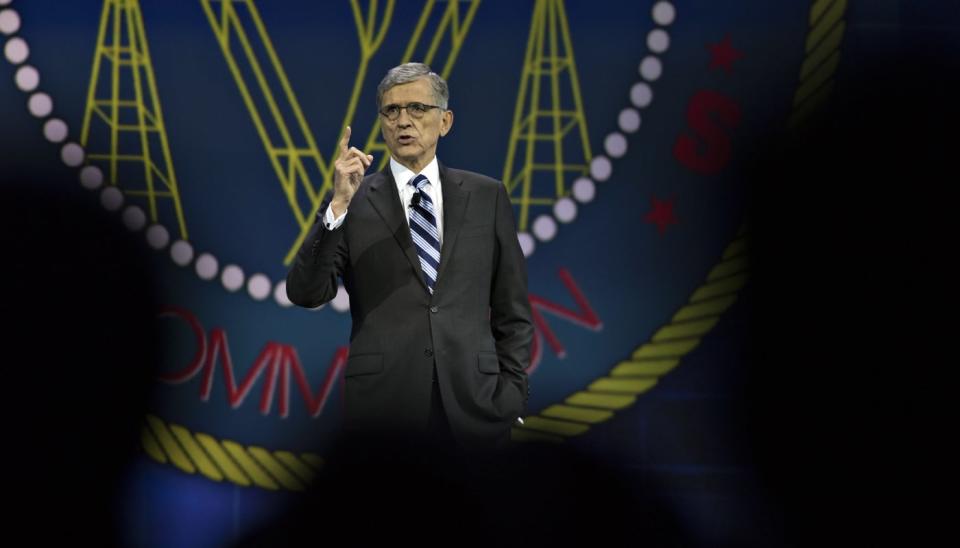Engadget has been testing and reviewing consumer tech since 2004. Our stories may include affiliate links; if you buy something through a link, we may earn a commission. Read more about how we evaluate products.
FCC introduces rules to prevent 5G price hike
Assuming the savings get passed onto consumers (ha).

The FCC is planning to regulate wholesale internet rates charged by cable companies, a move that could indirectly affect consumer wireless data prices. Such business internet services, called "special access," dictate what wireless carriers pay to supply data to cellular data networks. They also determine rates paid by business and government for services like ATMs, health networks and more. Tom Wheeler's commission already regulates special access for phone companies like AT&T, but now it wants control of cable operators' wholesale pricing, a move that has companies like Comcast up in arms (again).
The FCC became interested in the subject after looking into special access rates charged by telecoms AT&T, Verizon, CenturyLink and Frontier. It decided to force those companies to change certain tariffs within 30 days, finding them "unjust and unreasonable." However, the commission has no power over the special access rates charged by cable companies, which only entered that market recently. After concluding its investigation, it elected to include them in the regulation fun for the first time.
The National Cable & Telecommunications Association (NCTA) and cablers like Comcast are (trying) to have none of this. Their main argument is that they just entered the wholesale market, and the FCC traditionally doesn't regulate prices for newcomers. "In this upside-down new regime, a competitive cable provider that currently holds a 10 percent share in a market would be treated the same as a dominant incumbent provider serving 90 percent of that market," says Comcast Senior VP David Cohen.

FCC Commissioner Tom Wheeler (Bloomberg via Getty Images)
The FCC, however, wants to ensure that prices don't spiral out of control in non-competitive markets. In a statement, it said that "competition in this essential market is uneven ... [which could] stifle the ability of business customers to innovate and compete." It pointed out that excessive wholesale prices could have an especially negative effect on future 5G cellular networks, which will eat up a lot more data than LTE. The decision to regulate cable companies' business data prices was unsurprisingly endorsed by telecoms like Verizon and Sprint, too.
The decision (proceeding 05-25) was, unsurprisingly, passed by a narrow vote, with the Republican commissioners protesting it robustly. The FCC doesn't plan to regulate all special access markets, however. Rather, it's coming up with a way to test regional markets, and both cable and telecom operators considered to be in non-competitive areas would see stricter regulations. It will take several months to determine the final rules, and the commission is now taking public comments.
